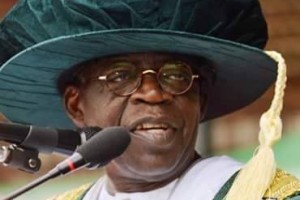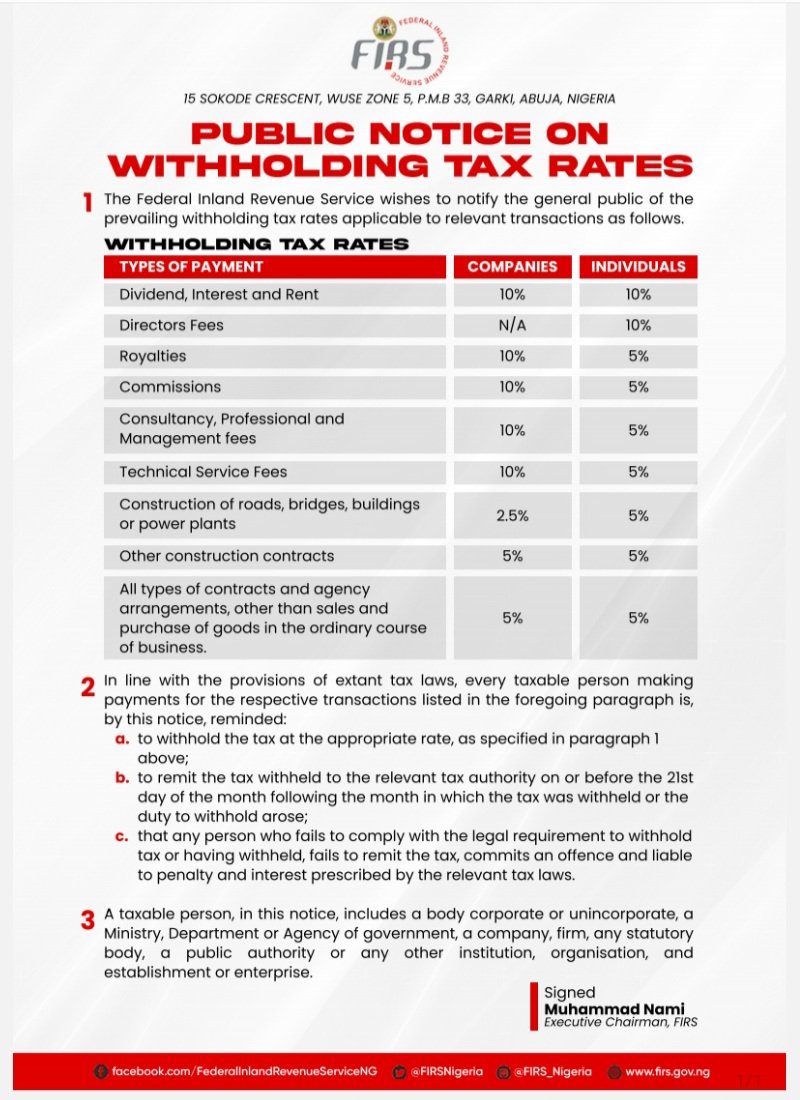
I was hesitant to make this intervention for fear of having people question my motive. To situate the issue in a clear context, let me disclose from the outset that I recently had a privileged discussion with a prominent Nigerian during which he asked the question, by which this piece is titled. The question has continued to reverberate in my mind; and, whenever I see him, the question keeps assuming a fresh life, as if he has just posed it.
I had patiently listened to his poser: “What does Tinubu want? He has made so much money. He should be concerned about the management of his money and assets….” He gravitated to other issues but I was somewhat taken aback. The fact that he was contemplative of Tinubu’s persona and politics from the prism of material and financial acquisitions made his point sound hollow.
It is possible that his question and disposition symbolize the attitude of many persons to the phenomenal Asiwaju of Southwest politics, Senator Bola Ahmed Tinubu; hence, it becomes a subject matter deserving of further interrogation.
And, from my deliberate focus on the Tinubu political premise, I have deduced that he is, perhaps, suffering from not only peer envy but also an extreme kind of revulsion from people in whose political careers he has committed his resources in the archetypical manner of a leader, mentor and sponsor.
Is it, therefore, surprising that someone who has done so much to build a followership would suffer the indignity of treachery from some members of his flock? Not at all! That is one of the bitter lessons of life. Tinubu has witnessed followership prodigality at all levels and across the states of the southwest. He has also experienced resentment from associates.
The questioning of the longing by Tinubu to remain, forever, relevant in the politics of southwest within the larger context of national politics with the fight-back by external forces, acting in concert with fringe elements within, helps to expound the leadership-followership theme.
As a student of contemporary politics and leadership who has been privileged to hone his political management capacity through intense interactions in one of, if not the most sophisticated and politically enlightened zones in the country, Tinubu moved tangentially strategically into the mix to define his individuality and eon.
He realized from the outset of his political immersion that the issue of leadership vacuum always confronts dispensations. Even where there is no vacuum, there is, most times, the problem of lack of principled, disciplined and sharply focused leadership which finds self-abnegation very difficult.
The late political and iconic leader of the Yoruba race, Chief Obafemi Awolowo was exemplary. He was totally committed to Yoruba unification. He lived a Spartan life, something akin to abnegation of the grandiose and profligate. Tinubu has, arguably, stepped into his big shoes.
Tinubu is, today, a foremost Yoruba political leader; and he carries that insignia with honour. Restless and rambunctious, he has launched beyond the confines of political southwest to construct a national political identity, which has now been elevated to one of the real issues in Nigerian politics, especially in the contestation for space to influence and determine the direction of power pendulum.
His outlook of politics as the essential mill of power is located and well grounded in his inherent temperament that has continued to kindle an unusual kind of passion for Yoruba unification as a front to negotiate and renegotiate its existence within the geographical construction, called Nigeria.
Tinubu’s pan-Yoruba sentimentalism finds accommodation in the very nature of the ethnic nationality, which abhors slavishness and, instead, embraces liberalism. So, for him to have become a leading light in an enclave that is populated by perceptive political gladiators and intellectuals is indicative of his savvy as well as the pan-Yoruba unification objective that propels him.
Therefore, the question -what does Bola Tinubu want? -finds explication in the overall objective that has shaped his persona and politics. He was correctly motivated to submerge himself in the torrents of the Yoruba liberating politics- arguably, not for filthy lucre.
Rewind to the Third Republic. It was a period of intense political ferment. As a senator, he was a vocal voice of and for the Yoruba, not intervening restrictively for his constituents in Lagos alone. A very good friend of mine, Dr Abiodun Adeniyi, who covered the Senate for the The Guardian at that intersection, once reminded me of how Tinubu became a gadfly of sorts, rattling and unsettling legislative proclivities.
He said any time Tinubu realised that the majority had taken decisions on the floor of the Senate that were against his expectations, he would leave the chamber in the International Conference Centre in Abuja and saunter into the lobby, where he would look for his friends in the media to express his feelings.
Adeniyi would comically repeat Tinubu’s line of “not-in-this-country” and his Yoruba “a o ni gba” catchphrase, meaning “we will not accept” whenever I deliberately open discussion of Tinubu and the Third Republic senate with him. He explained that Tinubu would always say those lines to senate reporters when he believed that the decision(s) on the floor of the senate would not favour the Yoruba race or the southwest.
He said Tinubu’s views would be copiously reflected in the manner they were forcefully articulated, enough to provide a balm for possible nerves that might be frayed back home in Yoruba land. That is a man who understands the working and the power of the media. Should it therefore surprise anyone who has knowledge of Tinubu’s belief in the potency of the media to mould opinions that he has invested heavily in the media? It is also common knowledge that he has invested in other successful businesses through which employment has been provided to thousands of Nigerians. That is commendable.
But to now surmise that Tinubu should abandon his political structure and leadership role is to miss the essential point. The fact that he has not abandoned them is a clear expression of the fact that his political exertions are not stimulated by monetary considerations, otherwise he would have reclined into his shell and be satisfied with regional politics of tokenism.
To everyone who cares to know, the Jagaban Borgu is not immune to making political mistakes but that does not make him an easy prey in the context of Nigeria’s cloak-and-dagger politics. He has a humongous fighting spirit which found vast flourish during the pro-democracy activities of the National Democratic Coalition (NADECO) in the heyday of the struggle for revalidation of Abiola’s annulled June 12, 1993 presidential mandate.
His eight-year governorship of Lagos during which he dared the Federal Government by creating over 37 local council development centres out of the existing 20 local government areas in the state is another reference case. History of Obasanjo’s presidency will be incomplete without reflecting that facet.
Truth is, Tinubu is not a quitter. He fights to the finish. And he has not shown any signs of lassitude. Therefore, to answer the question -what does Bola Tinubu want? –it can safely be said that, contrary to the measurement of his worth and the essence of his political engagements by material acquisitions, he wants to complete the process of liberating the Yoruba race and properly integrating it into the national political architecture.
The APC experience may not have fully satisfied that desire; it is certainly not the terminus. The political experimentation continues. Alignments and realignments of political forces may become a necessity, depending on what happens before 2019. It must be stated, in the final analysis, that Tinubu occupies the vanguard of Yoruba political renaissance. That is the sum of his obligation.
- Ojeifo, journalist and publisher, sent this piece via ojwonderngr@yahoo.com. [myad]








